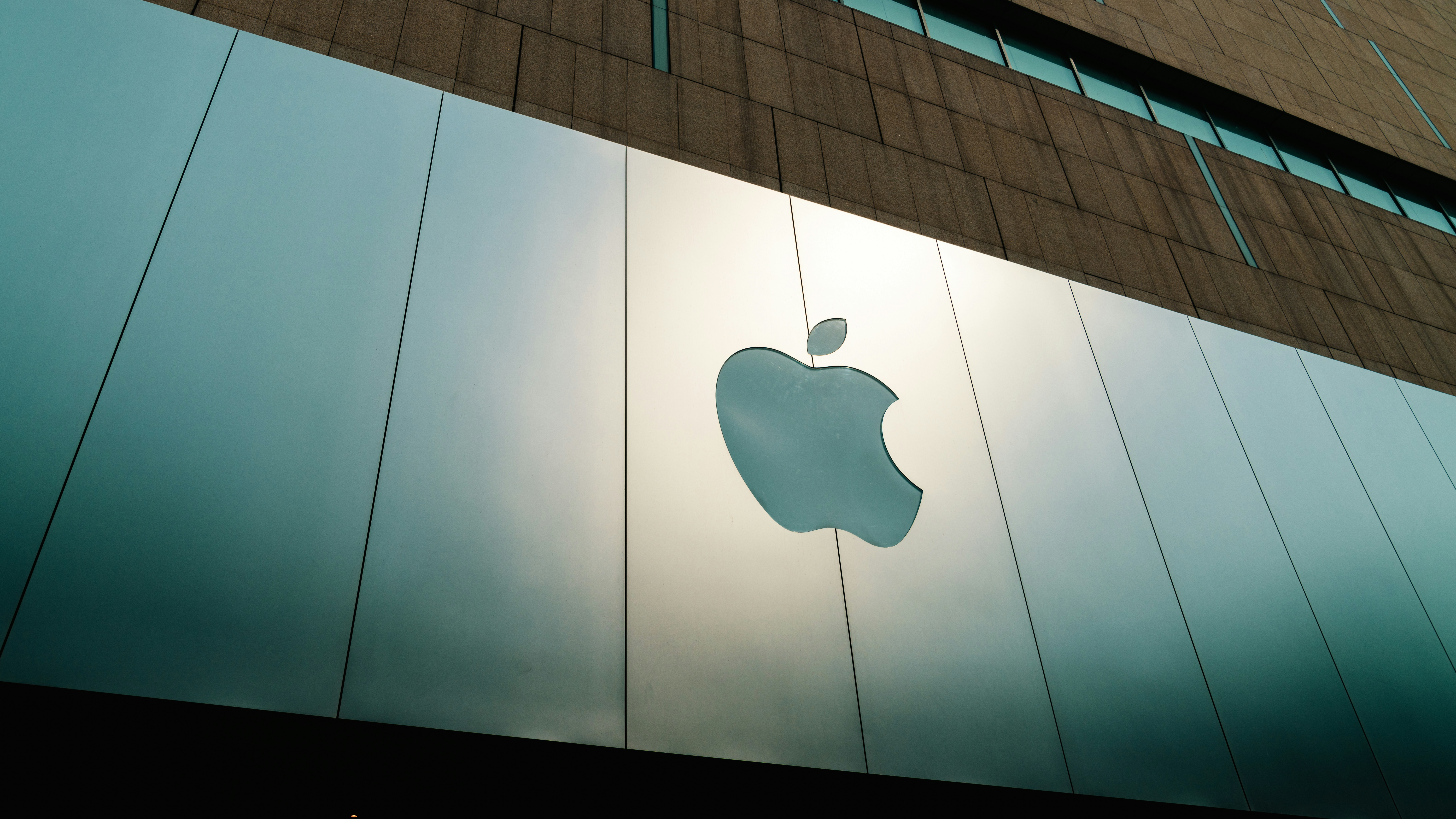Wait Scroll Down Slowly — The Play-Button is below Watch-OR-Download Your-Movie

The Extinction Rebellion Action at Apple’s Fifth Avenue Store
On a recent day marked by heightened activism, Extinction Rebellion (XR) staged a significant protest outside Apple’s flagship store located on Fifth Avenue in New York City. This protest aimed to draw attention to the urgent need for companies, particularly tech giants like Apple, to take decisive action against climate change. Activists from XR are known for their bold methods and their latest action served as a direct indictment of corporate practices that they argue exacerbate environmental degradation.
During the event, one protester engaged in an act of vandalism by spray-painting slogans on the store’s prominent facade. The messages, which included terms such as ‘boycott,’ were directed not only at the corporation but also specifically criticized Apple CEO Tim Cook for his sizable political donations. This artistic expression of discontent was intended to symbolize a breach of trust between consumers and a company that prides itself on its progressive identity. The juxtaposition of Apple’s polished public image against the stark realities of its corporate governance was a theme that resonated throughout the protest.
In the immediate aftermath of the protest, the situation escalated quickly. Apple’s security team swiftly intervened, leading to the arrest of the activist involved in the vandalism. This incident reflects a growing tension between environmental advocates and major tech corporations, highlighting the challenge of reconciling corporate interests with the pressing demands for environmental responsibility. As global awareness regarding climate change continues to rise, the actions of groups like Extinction Rebellion underscore a pivotal moment where tech companies are increasingly confronted with calls for accountability and substantive action.
The Rationale Behind the Protest: Environmental Hypocrisy
The protests orchestrated by Extinction Rebellion have spotlighted what activists regard as a significant inconsistency in the environmental commitments of major tech firms, including Apple. The organization argues that tech giants cannot simultaneously champion environmental causes while financially supporting political figures and policies that actively undermine these commitments. A prominent example is Tim Cook, the CEO of Apple, who has repeatedly asserted the company’s dedication to sustainability and combating climate change.
However, this public ethos is juxtaposed against his financial contributions to Donald Trump, a president noted for reversing numerous environmental regulations. Activists contend that such support casts a shadow over Cook’s proclamations regarding climate responsibility, representing a form of environmental hypocrisy that is increasingly scrutinized by activists. The underlying message of the protests emphasizes that genuine advocacy for environmental issues should be consistent and reciprocal. In the eyes of Extinction Rebellion, drawing financial support for a politically controversial figure like Trump contradicts Apple’s supposed commitment to combating climate change.
This contradiction raises significant ethical questions regarding corporate responsibility and the sincerity of corporate strategies aimed at sustainability. As climate change continues to escalate, the outcry against perceived hypocrisy in the tech industry serves not only to hold these companies accountable but also to challenge their influence over public policy. The protestors’ demand is clear: tech companies should align their financial and political support with their environmental commitments, ensuring that their actions reflect the sustainability values they profess. The discordance between advocacy and actions within influential corporations highlights the critical need for coherent alignment in the fight against climate change.
Extending the Critique: Google and Meta Under Scrutiny
The ongoing climate change protests spearheaded by Extinction Rebellion have highlighted a growing concern that extends beyond Apple to encompass other major tech companies, notably Google and Meta. These protesters have asserted that the accountability for climate inaction should not be limited to a single corporation but should also encompass the broader tech sector, which has faced criticisms for insufficient environmental policies. Specific allegations against these corporate giants include their historical support for politically controversial figures, such as former President Donald Trump, whose administration was widely criticized for rolling back numerous environmental regulations.
Another focal point of critique has been the irony surrounding the commitments these companies made to the Paris Agreement. Both Google and Meta, in their corporate rhetoric, have voiced support for sustainability initiatives. However, critics argue that these commitments have not translated into substantive action, as evidenced by their environmental footprints. For instance, the increasing greenhouse gas emissions associated with their data centers and the energy-intensive nature of their AI technologies have raised alarms among environmental activists. Protesters emphasize the paradox of advocating for climate action while maintaining operations that contribute significantly to climate degradation.
Moreover, the energy consumption associated with artificial intelligence (AI) technologies poses further challenges. As these companies continue to expand their AI capabilities, the projected rise in energy demand could exacerbate their already substantial carbon footprints. Protesters argue that without a genuine commitment to reducing energy consumption and transitioning to renewable energy sources, the environmental claims made by Google and Meta can be deemed superficial at best. This growing scrutiny underscores the urgent need for these tech giants to align their operational practices with the lofty sustainability goals they profess, as failure to do so continues to fuel criticism from activist groups like Extinction Rebellion.
Calls to Action: Boycotting Tech Companies and Advocating for Change
In recent years, climate change protests have galvanized public attention towards the role that large tech companies play in exacerbating environmental degradation. Activist groups like Extinction Rebellion (XR) have been at the forefront of mounting pressure on tech giants, urging consumers to take part in collective boycotts against corporations that are perceived to foster authoritarianism and perpetuate reliance on fossil fuels. These calls to action aim to shed light on the profound responsibilities that technology firms bear in the fight against climate change.
The campaign against such companies is multifaceted, seeking not only to challenge their current practices but also to advocate for a cultural shift in public understanding of corporate accountability. XR promotes the idea that by reducing consumer dependency on these entities, the public can forge a path towards a more sustainable future. This activism calls for individuals to rethink their purchasing decisions and to favor companies that implement ethical, environmentally sustainable practices. The message is clear: consumers have immense power to influence corporate policies through their collective choices.
Engagement with this movement can take various forms, such as actively participating in protests, spreading awareness through social media platforms, or using purchasing power to support environmentally responsible brands. Furthermore, consumers can leverage petitions and letters to shareholders to demand higher accountability from tech companies regarding their environmental footprints. Building a community of like-minded individuals committed to environmental justice reinforces the message and amplifies the demand for change.
As these calls to action gain traction, the spotlight is increasingly focused on how technology firms interlace their operations with global ecological challenges. Only through conscientious consumer behavior and robust public discourse can there be momentum towards achieving significant changes in corporate policies and practices, ultimately fostering a healthier planet for future generations.





